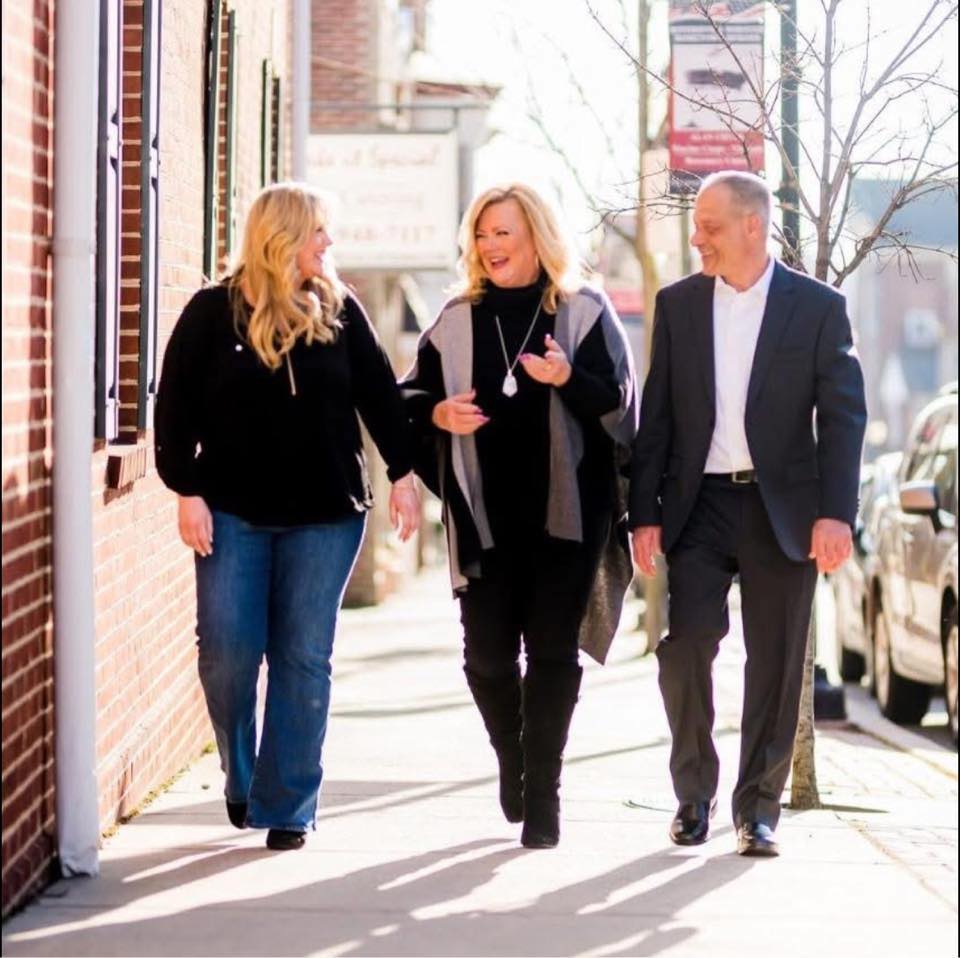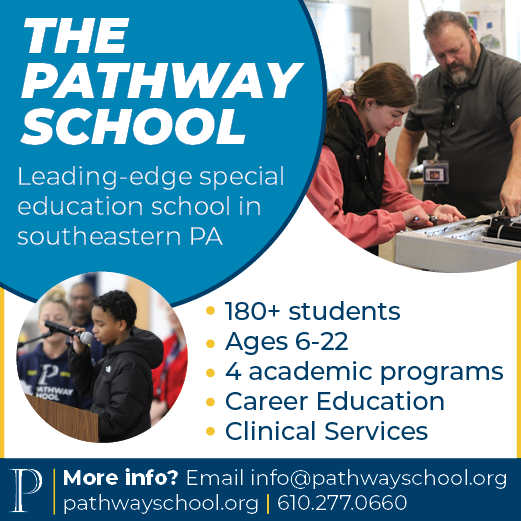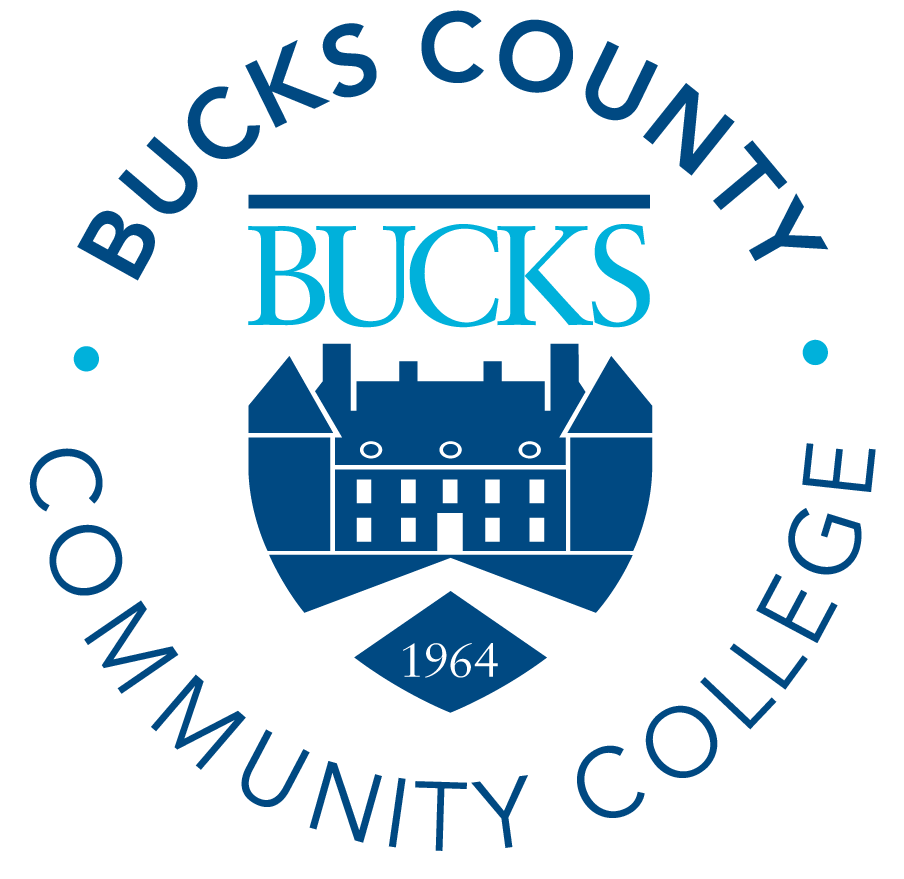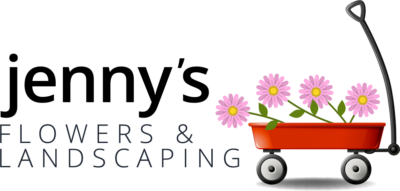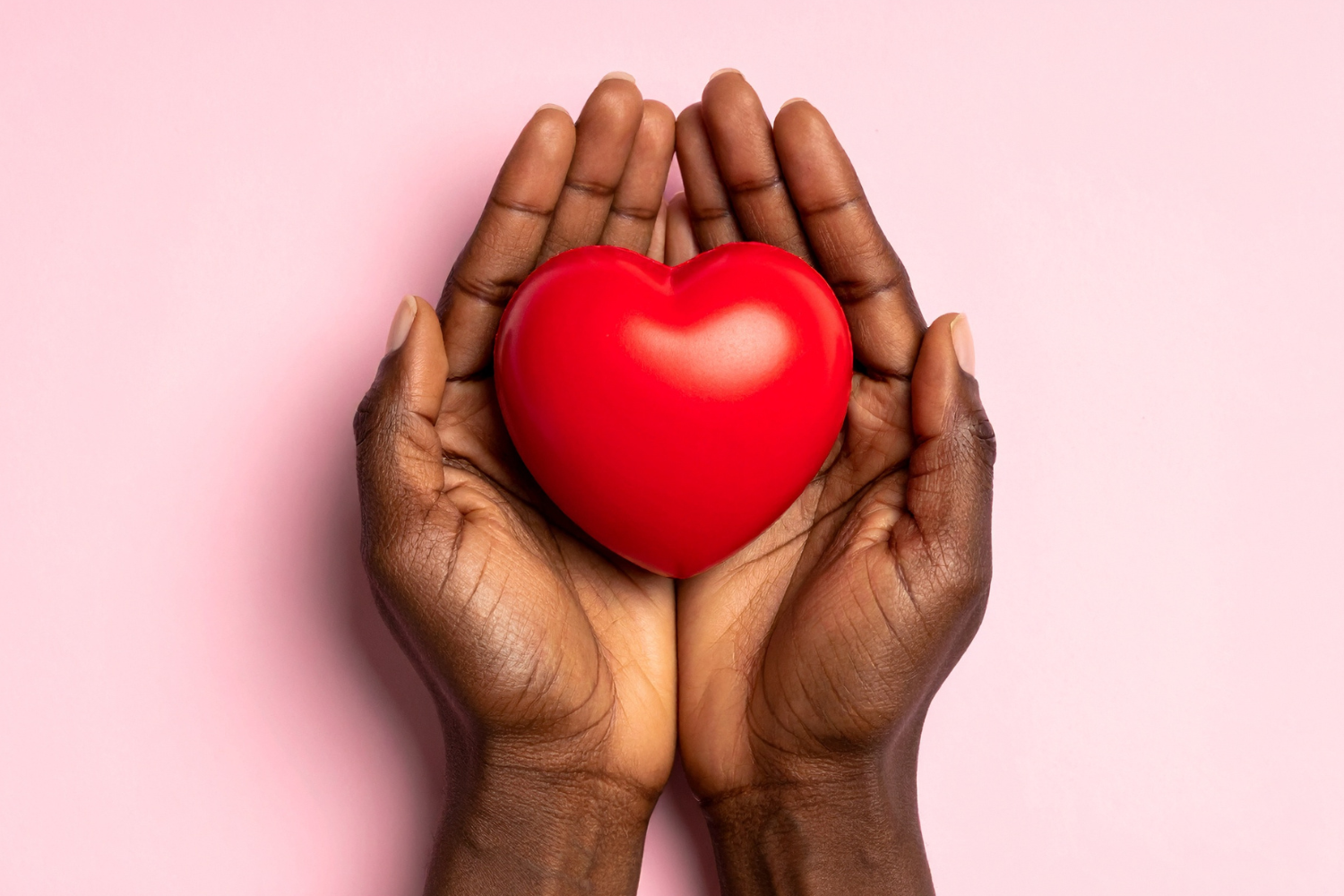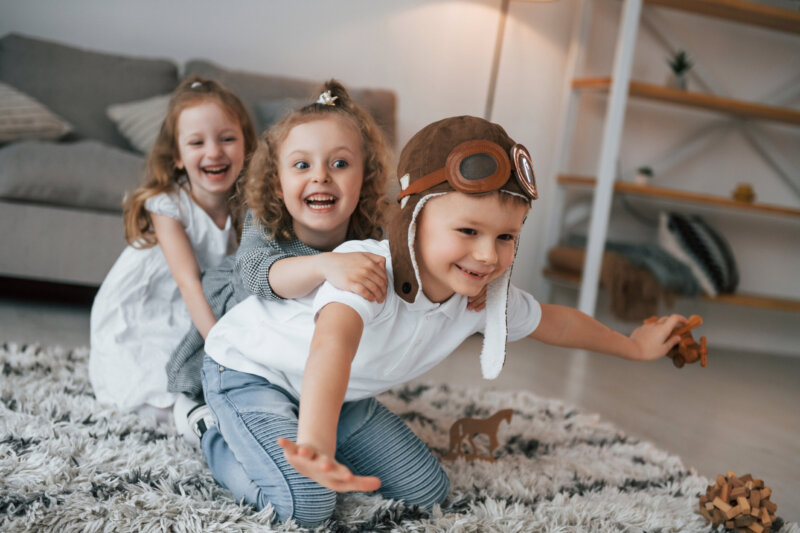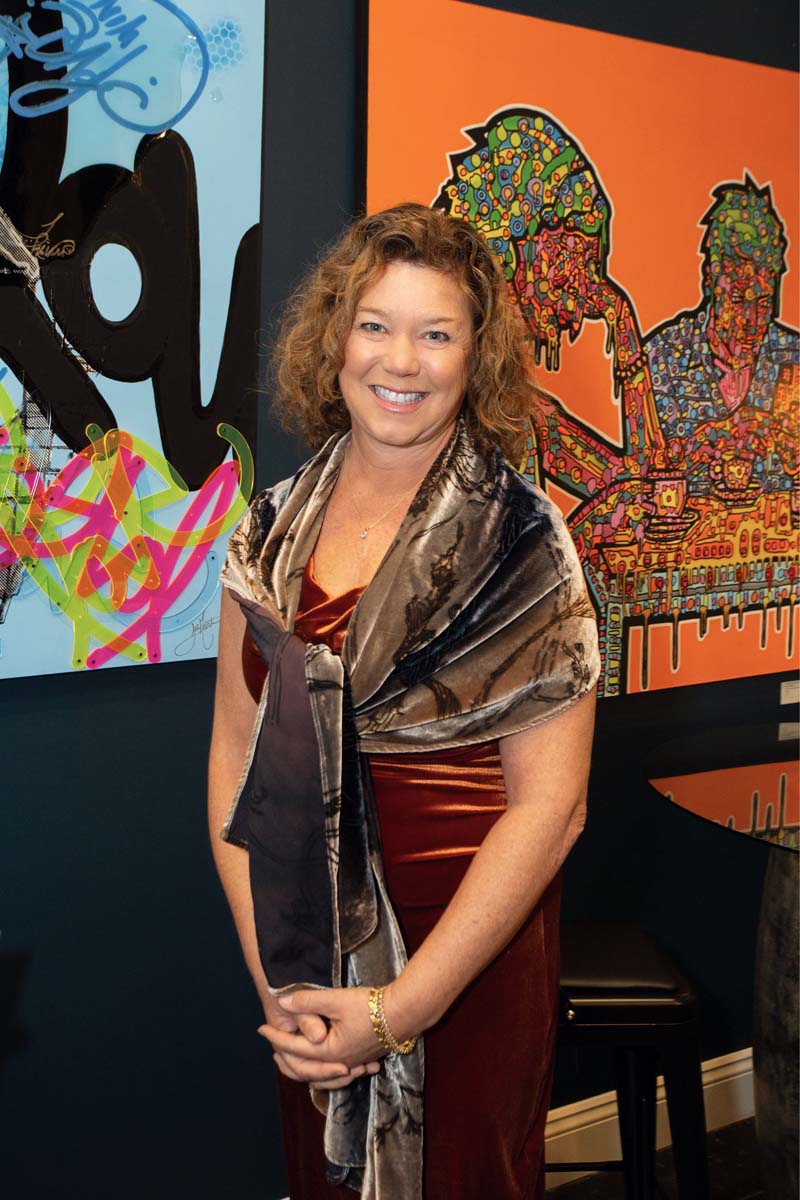
Kerri Hanlon, co-founder and owner of Yoga Home, has dedicated her life to making yoga accessible for everyone, embodying her belief that “yoga is for every body.” Kerri is a past Board Member for Accessible Yoga, United Cerebral Palsy, and HMS School for Children with Cerebral Palsy. She is also former Chief Marketing Officer at WHYY in Philadelphia and Co-Executive Producer of “On the Other Side of the Fence”, an Emmy and International Film Festival Award winning film about celebrating our unique differences.
Inspired by her son Sean, who had severe cerebral palsy, Kerri created an Adaptive Yoga Program that brings yoga to individuals with disabilities and chronic illness, caregivers, and diverse community groups—from preschoolers to retired nuns, and more. Through her work, Kerri brings acceptance, resilience, and healing, guiding her community through life’s challenges. Even during the pandemic, she kept the Yoga Home community connected through virtual classes, local parks, and free programs for caregivers. Now, with a new studio in Conshohocken, Kerri continues to offer a true “home” for healing and connection, grounded in shared human experiences of pain, love, and joy.
We asked Kerri…
What inspired you to pursue your current career or passion?
It really came from a need in my local community. The yoga studio where I had been practicing closed and I knew there’s so much value in having a community gathering space that is a yoga “home.” Candidly, I didn’t anticipate exiting my 25+ year career in Marketing, but giving my full attention to Yoga Home allowed me to be of service in my community in a very meaningful way. I began getting curious about yoga for individuals with disabilities. I was bringing my son, Sean, who had severe cerebral palsy to classes, but knew there were so many people living with disabilities who may not have seen that yoga was for them. It became my goal to help everyone see that yoga is possible for them in their body. Yoga Home’s Adaptive Yoga Program started in 2016, and we’ve been leading classes at the studio, in community centers, at schools for children with disabilities, at the Please Touch Museum and more.
Who or what has been your greatest mentor or influence, and why?
It’s easy for me to credit Sean as being my biggest influence, as he’s truly the one who inspired me to learn more about Adaptive Yoga. What started as a desire to help him grew to a program that has brought yoga to hundreds of people. Sean had incredible patience, a great sense of humor and spirit of adventure. But I need to also credit my whole family, my husband, Brian, and children Kyra and Connor as having a profound influence in my moving into the yoga world. There’s a unique bond that forms when a family faces challenges, and goodness knows Sean faced many over the years. As a result, our family learned to lean into and on one another. We learned to celebrate the good moments, tend to one another during adversity, and found our greatest strength is when we allow each of us to bring our unique gifts forward. They totally supported me in making a big career transition and continue to inspire me by how they show up in the world.
How do you define success for yourself?
The heart of yoga is really about uncovering the hidden gems within. It’s about discovering what is special inside of us and having the courage and vulnerability to bring it forward into this world. Perhaps success for me is supporting people in my community to bring their unique gifts forward. Whether it’s the graduates of our Yoga Teacher Training Program, someone who joins me on retreat and truly does the inner work or someone who comes to a weekly class – witnessing them each on their journey and seeing their growth – for me, that’s what success looks like.
What values guide you in your personal and professional decisions?
I believe in authenticity, compassion, vulnerability, grace, equity, community and love. I deeply value connection – it’s far too easy to feel isolated and alone in this world. The more we can connect on a “real” level, below the surface, below the “I’m fine”, the more we find we have in common. Admittedly, I tend to lead from the heart, but when my decisions align with my values, I can’t go wrong.
How do you handle setbacks or failures, and what have you learned from them?
Intellectually, I know setbacks and failures are all part of the growth process, sometimes I just need my heart to catch up. Every business involves risk, and owning a small business has plenty of challenges. Finding my footing during COVID is a perfect example. At a time when people needed community the most, we couldn’t be in space together at Yoga Home. We expanded our online yoga classes to free daily “Community Care” classes and expanded our Community Outdoor Class offerings to practice in a social-distanced way. My highest priority was to simply keep the business going; to help people stay connected as best I could and help them continue to use yoga as a pathway for healing. It was likely more a heart-based than head-based decision, but something I’m so glad I did. In time, I opened a new studio space and it feels like even more of a blessing to open my yoga “Home” to our community. I’ve learned the risk/reward analysis needs to be balanced with what my soul is calling for. I’ve also learned to let myself truly acknowledge and feel all the emotions that come with setbacks or failures. Rather than stuffing them down, it’s ok to acknowledge the disappointment and pain.
What is your vision for the future of your industry or community?
I’ll often use the phrase “yoga is for EVERY body” and that truly is my vision. For far too long, people have thought of yoga as something only for those who are young, fit and flexible. We need to change that. At Yoga Home, you’ll see bodies of all shapes and sizes, all ages and abilities. Our youngest students are the babies who come with their Mamas to our Postpartum Support Class and the oldest are a group of retired Nuns. You’ll see people in their 20s though 70s practicing alongside one another – that’s what community is all about. I’d love to see yoga in more schools, in the workplace and retirement homes. I’d love for people to start to see yoga as something for more than a series of poses; to have more people experience the physical, mental and emotional benefits of the practice.
How do you define empowerment, and how do you strive to empower others?
I think this gets back to the idea of being courageous enough and vulnerable enough to let your light shine. Isn’t it great when someone gives you permission to do so? When you feel you can show up as your authentic self, no mask, no pretense, just show up as you are. I think it takes a great deal of courage to do this. My approach is by taking a deep dive into the vulnerability pool.Navigating my grief journey after Sean passed in 2017 has been a real lesson for me in this area. Grief is something we will all experience in our lifetimes – it’s the shadow side of love. When I started offering Yoga for Grief classes and retreats, I didn’t know how it would be received. What I found was that it empowered others to share, to take a step in their healing journey and know they are not alone.
Photography by Alison Dunlap
We Are Supported By:
